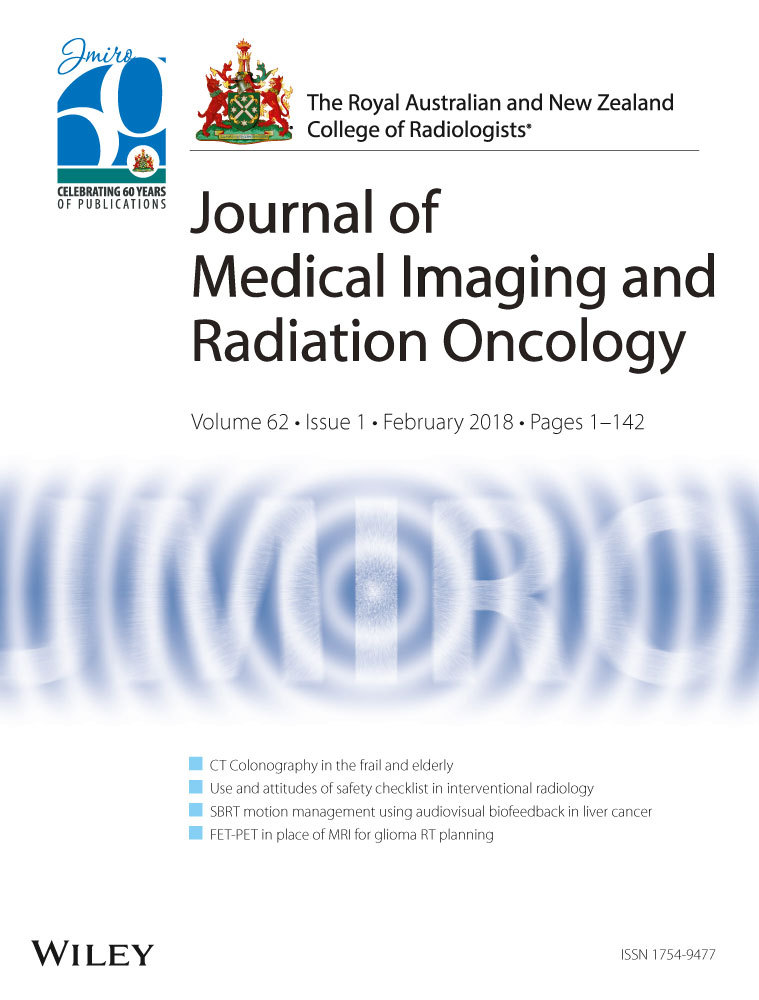Minimal preparation CT: A literature review of a minimally invasive imaging technique for colorectal cancer in a frail, aged population
Summary
Colorectal cancer (CRC) is a common malignancy with increased incidence in the elderly. When CRC is suspected, patients are typically evaluated with optical colonoscopy (OC) or CT Colonography (CTC). Unfortunately, in the frail and elderly patient, these investigations can be difficult to perform and are often not tolerated. Minimal preparation computed tomography (MPCT) is a CT technique to evaluate the colon. Although protocols vary, typically, no preparation is required apart from administration of oral contrast for faecal tagging. The patient is scanned in the supine position only and without colonic insufflation. The study is reserved for ‘old-old’ frail patients with clinically suspected CRC who cannot tolerate or have failed OC or CTC. In the context of an ageing population, MPCT provides a simple, minimally invasive, readily available and well-tolerated test that is able to demonstrate clinically relevant disease. We review the literature on MPCT and discuss the benefits and limitations of this investigation.




